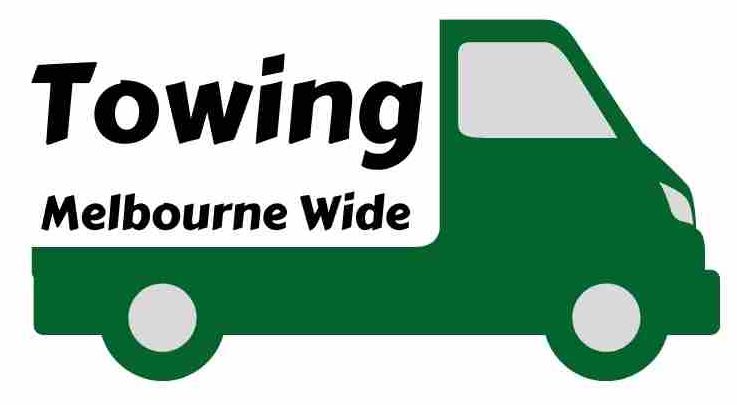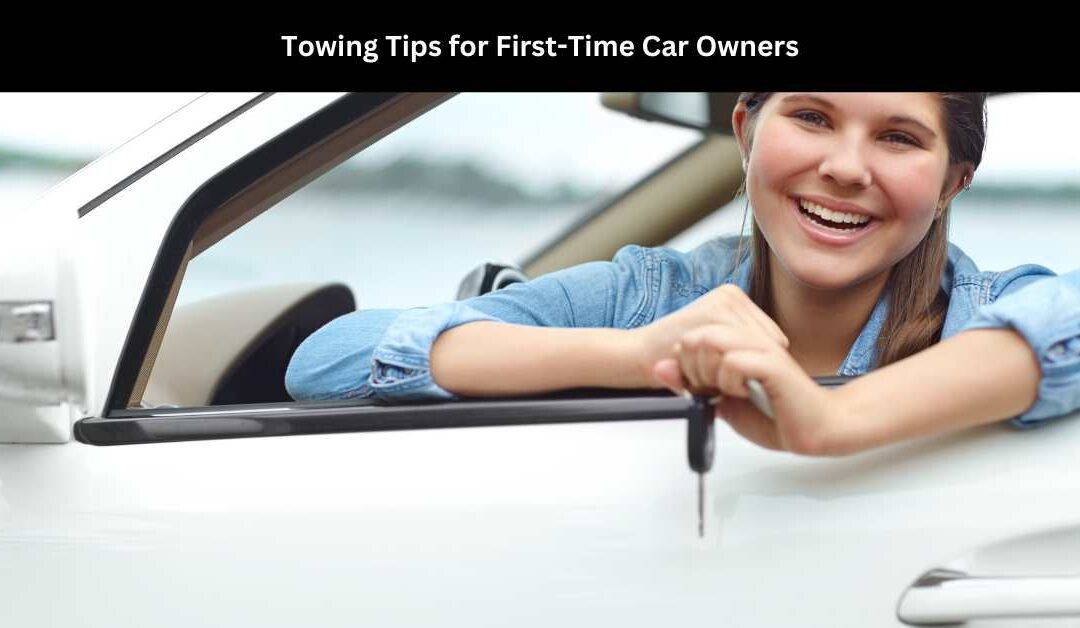Owning a car for the first time is an exciting milestone, but it also comes with responsibilities, one of which is being prepared for unexpected situations, like needing to tow your vehicle. Whether it’s a breakdown, an accident, or helping a friend, understanding the basics of towing is essential for every car owner. This guide will help first-time car owners navigate the world of towing with ease and confidence.
1. Understand When Towing is Necessary
Before calling a towing service or attempting to tow a vehicle yourself, determine if towing is truly required. Common situations include:
- Breakdowns: Engine failure, flat tires, or transmission issues.
- Accidents: If your car is damaged and cannot be safely driven.
- Parking Violations: Ensure you’re parked legally to avoid unauthorized towing.
If you’re ever unsure about your car’s condition, consult a mechanic before making the decision to tow.
2. Know Your Vehicle’s Towing Capacity
Every vehicle has a maximum towing capacity, which indicates how much weight it can safely tow. Check your owner’s manual for this information to avoid damaging your car. Overloading your vehicle during a tow can lead to:
- Engine strain
- Transmission damage
- Braking failure
3. Choose the Right Towing Method
There are various towing methods, and selecting the appropriate one depends on your car’s condition and type:
- Flatbed Towing: Ideal for most cars, especially those with severe damage. The entire car is loaded onto a flatbed truck, preventing further wear and tear.
- Tow Dolly: Suitable for front-wheel-drive cars, this method lifts the front wheels off the ground.
- Four-Wheel-Down Towing: Also known as dinghy towing, it’s often used for cars with specific capabilities designed for this method.
4. Use a Reliable Towing Service
Professional towing services ensure your vehicle is transported safely. Look for a towing company with:
- Positive reviews and ratings
- Certified drivers
- Transparent pricing
- Save the contact number of a trusted towing service in your area for emergencies.
5. Prepare for Emergencies
As a first-time car owner, it’s wise to be ready for unexpected situations:
- Keep an Emergency Kit: Include items like a flashlight, jumper cables, tire repair kit, first-aid supplies, and reflective triangles.
- Stay Safe While Waiting for Towing: Move your car to a safe location if possible and turn on hazard lights. Avoid standing close to traffic while waiting.
6. Learn Basic Towing Etiquette
If you ever tow someone else’s vehicle or require towing assistance:
- Communicate clearly with the towing driver about your car’s condition.
- Ensure all loose items are secured inside the car before towing.
- Avoid leaving valuables in the car during the process.
7. Maintenance Can Minimize Towing Needs
Preventative care reduces the chances of needing a tow. Regularly check your car’s:
- Battery health
- Tire condition and pressure
- Fluid levels, including oil, coolant, and brake fluid
Conclusion
Towing may seem daunting for first-time car owners, but with the right knowledge and preparation, it’s manageable. By understanding your vehicle’s limits, choosing the correct towing method, and having a trusted towing service on speed dial, you’ll be well-equipped to handle any situation that comes your way. Remember, staying calm and informed is key to a smooth towing experience.
Now Towing Melbourne Wide is available in Craigieburn Victoria 3064, Australia.
Contact us
Towing Melbourne Wide
4/10 Auburn Grove
Hawthorn East VIC 3123
(03) 9956 1908


Recent Comments